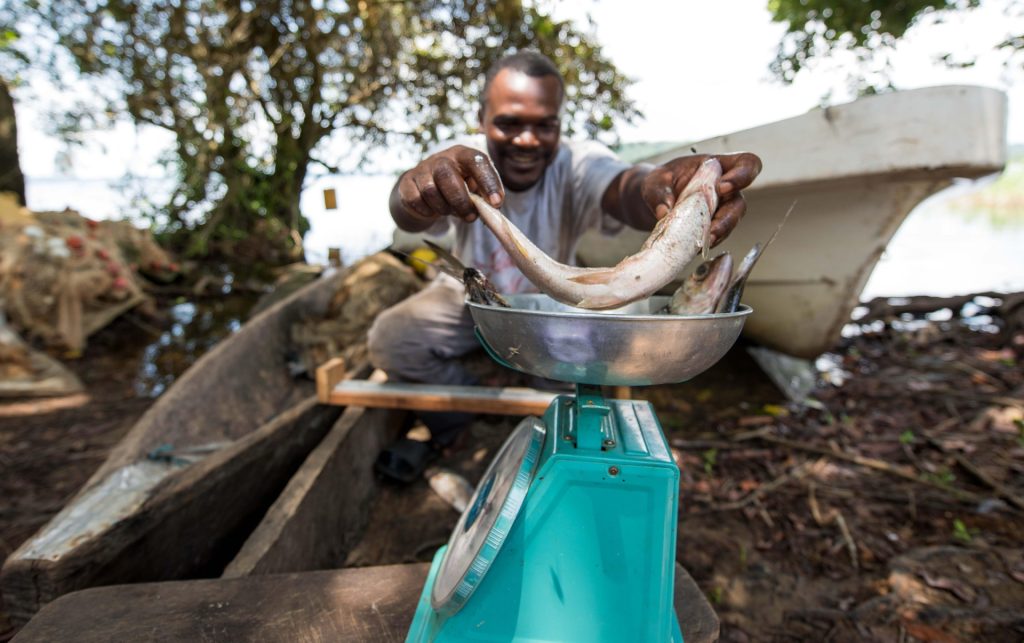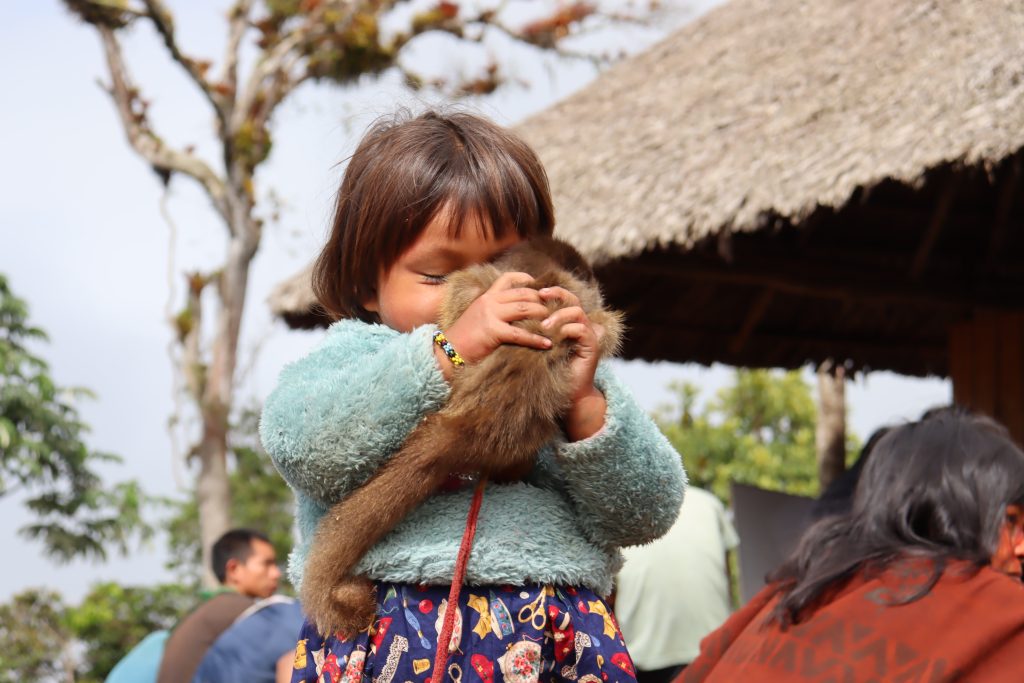Three reasons why the climate crisis is an inequity crisis
The climate crisis not only affects the environment, it also has profound consequences for human rights.
As the impacts of the climate crisis intensify, the existing inequalities in accessing basic human rights for people around the world become increasingly evident. Among the communities most affected by this crisis are Indigenous peoples, who face unique and disproportionate challenges.
Here are three key reasons to understand why the climate crisis is an inequity crisis related to human rights, especially for Indigenous communities.
1.The climate crisis is a threat to human rights
The climate crisis is a violation of the human rights of those most affected. Every individual has the right to health, food, water, and a healthy environment. The climate crisis threatens all of these human rights in places where people are already most vulnerable.
In Latin America and the Caribbean, there are nearly 55 million Indigenous men and women, constituting 8.5% of the population. They have historically lacked access to basic services, and this vulnerability has only been made worse by the COVID-19 pandemic[1]Más de 800 pueblos indígenas de América Latina viven en una mayor precariedad tras la pandemia | Noticias ONU. 52% of Indigenous people have migrated to urban centres either in search of better opportunities and higher incomes, because they have been deprived of their lands, or because climate change, ecological deterioration, conflicts, and violence have forced them to do so.


Martial Angoue, the accountant at AMVEN, documenting the weight, size and type of fish caught daily. © Roshni Lodhia
2. The climate crisis is making existing inequalities worse
Especially inequalities based on race, gender, class, and disability. These inequalities make it harder for people to cope with the impacts of the crisis.
Indigenous communities often directly depend on the land and natural resources for their physical, cultural, and spiritual subsistence. However, extreme weather has led to the accelerated loss of land and resources due to deforestation, erosion, and desertification. This deprives Indigenous communities of their access to food, water, traditional medicines, and building materials, undermining their livelihoods and their ability to maintain their culture and traditions.
3. Climate change is a threat to cultural and spiritual rights
The climate crisis also poses a challenge to the cultural and spiritual rights of Indigenous communities. Many of these communities have an interconnected worldview with nature, where the land, rivers, forests, and animals are considered sacred and fundamental to their cultural identity. However, climate change and associated impacts, such as deforestation and pollution, threaten sacred sites, ceremonial practices, and traditional knowledge passed down from generation to generation.
In the last 50 years, global populations of mammals, birds, fish, reptiles, and amphibians have declined by 68%[2]WWF: Steep decline in biodiversity in Latin America. This results in the loss of an integral part of the identity and well-being of Indigenous communities.


Ashaninka communities are strongly linked to nature. It is not uncommon for families to adopt and care for orphaned animals that they find in the forest.
The climate crisis is an inequality crisis and a human rights crisis. It is a violation of the rights of those most affected, exacerbating existing inequalities, and is a threat to present and future generations.
We must take action to address the climate crisis and protect the human rights of all people by actively involving Indigenous communities in decision-making processes related to climate change. Their voices must be heard and considered.
